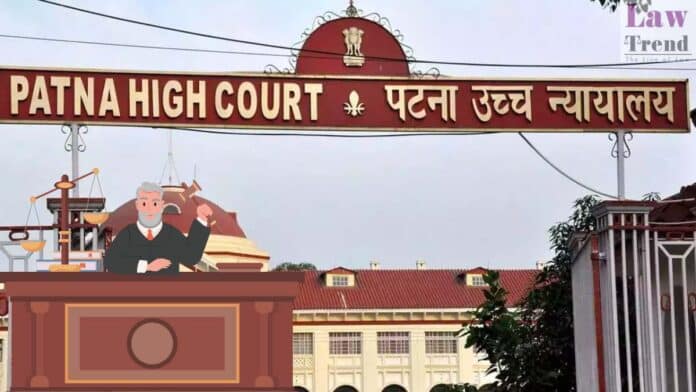The Patna High Court recently delivered a significant judgment regarding the eligibility criteria for the position of Motor Vehicle Inspectors, emphasizing that higher qualifications do not automatically qualify an applicant for jobs requiring lower qualifications. The case, identified as Letters Patent Appeal No. 312 of 2022, arose from a challenge to a previous ruling that
To Read More Please Subscribe to VIP Membership for Unlimited Access to All the Articles, Download Available Copies of Judgments/Order, Acess to Central/State Bare Acts, Advertisement Free Content, Access to More than 4000 Legal Drafts( Readymade Editable Formats of Suits, Petitions, Writs, Legal Notices, Divorce Petitions, 138 Notices, Bail Applications etc.) in Hindi and English.




